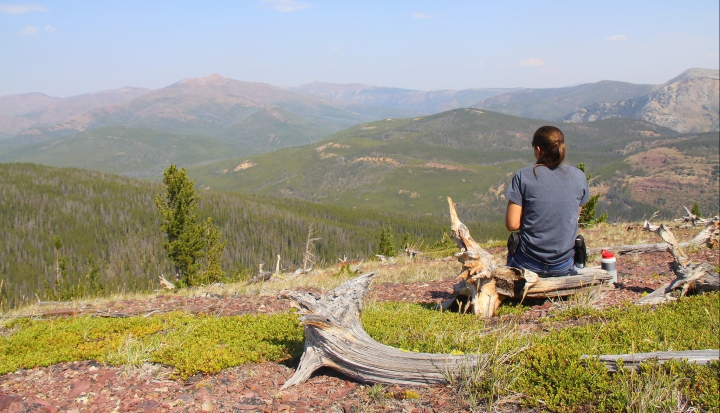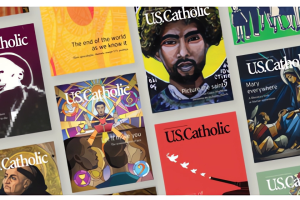Over the Labor Day weekend, I ventured from the concrete jungle of Chicago to my home state of Minnesota. The contrast between in my childhood home—which I fondly refer to as being in the middle of nowhere—and the big city may be shocking to some, but I’ve always found it comforting. With its lakes, prairie, rivers, and forests, Minnesota is a place to breathe.
Urban sprawl is slowly populating many of the previously unreached corners of the world. Housing developments, shopping malls, and restaurants are popping up all over the place. While driving through town on Saturday, I exclaimed, “There’s a McDonald’s there now? Why?!” The breathable fields and endless starry skies are getting tighter and tighter.
However one thing that continues to protect the unpopulated areas around the United States is the Wilderness Act of 1964. Today (September 3) is the 50th anniversary when former President Lyndon B. Johnson signed it into law. The Wilderness Act protects nearly 110 million acres across the country from urban development and excessive human imprints. The act reserves the land for the people, that they may use it for historical, scientific, educational, and recreational purposes.
When President Johnson signed the act, he said, “If future generations are to remember us with gratitude rather than contempt, we must leave them a glimpse of the world as it was in the beginning, not just after we got through with it.” Our national and state parks were established to keep the great outdoors for not only our enjoyment but for those future generations to come.
Care for all of creation is deeply embedded in Catholic social teaching. We are called to tread lightly on the earth and to give more than we take away in our lifetime. As stewards of the earth, many Catholic organizations, like Catholic Rural Life, work daily to protect all of God’s creation and to keep it unobstructed by humankind.
As one of the five ways to explore your faith on vacation, U.S. Catholic author Karen Baker mentions being in the wilderness. Many people find God’s grace in the beauty of a sunset or with a surprise encounter with a deer. For me, one of the most holy places on earth is my family’s cabin close to Minnesota’s national park, Boundary Waters Canoe Area. To stand on the deck under the radiant stars is a glimpse of heaven on earth.
Another important environmental protection campaign going on right now is World Water Week. This year, the annual meeting in Stockholm is spreading awareness on how we can better utilize our water, a finite natural resource. With droughts in California and more than 883 million people on the planet living in water poverty, time is of the essence to stop explointing this precious resource.
The Wilderness Act of 1964 was an important step on the path to protecting the wilderness and all creation. The land that it protects is a great gift given to us to cherish, enjoy, and care for. Let us keep stewardship in mind so that, for the next 50 years and beyond, the earth can continue to be a sacred and holy place.
Image: Flickr photo cc by Forest Service Northern Region












